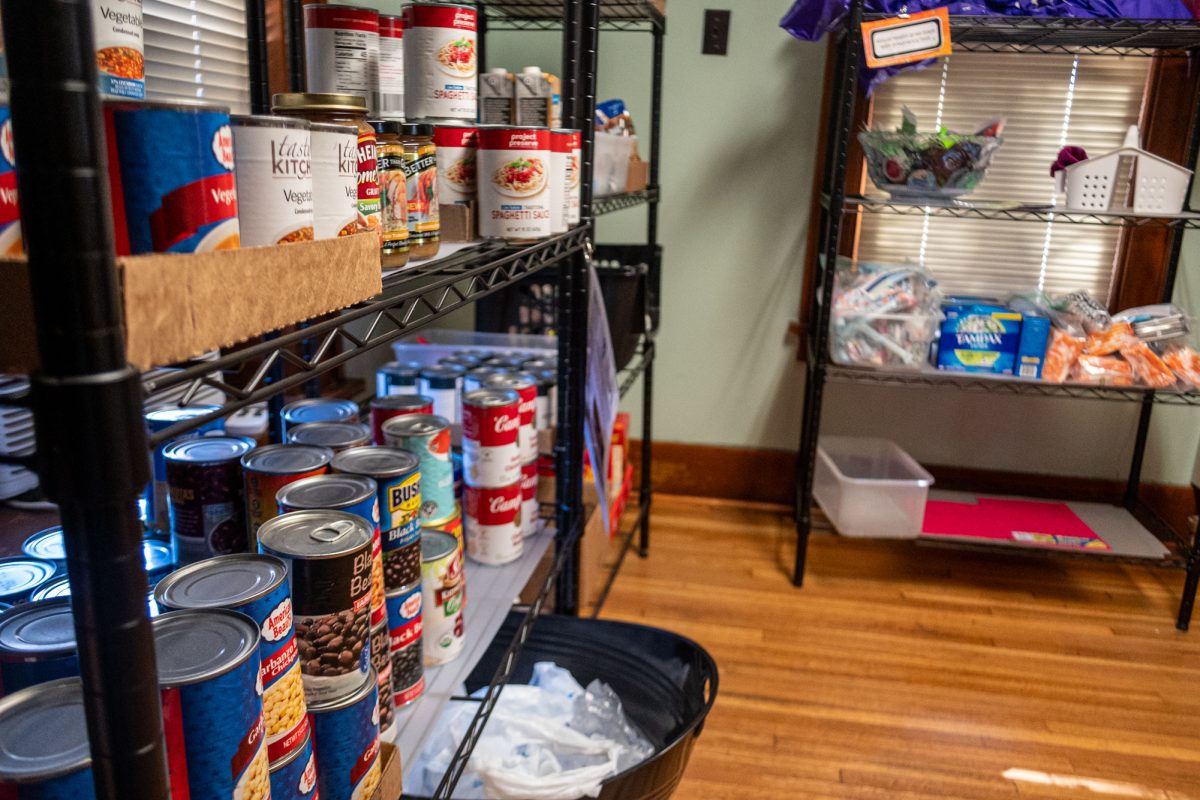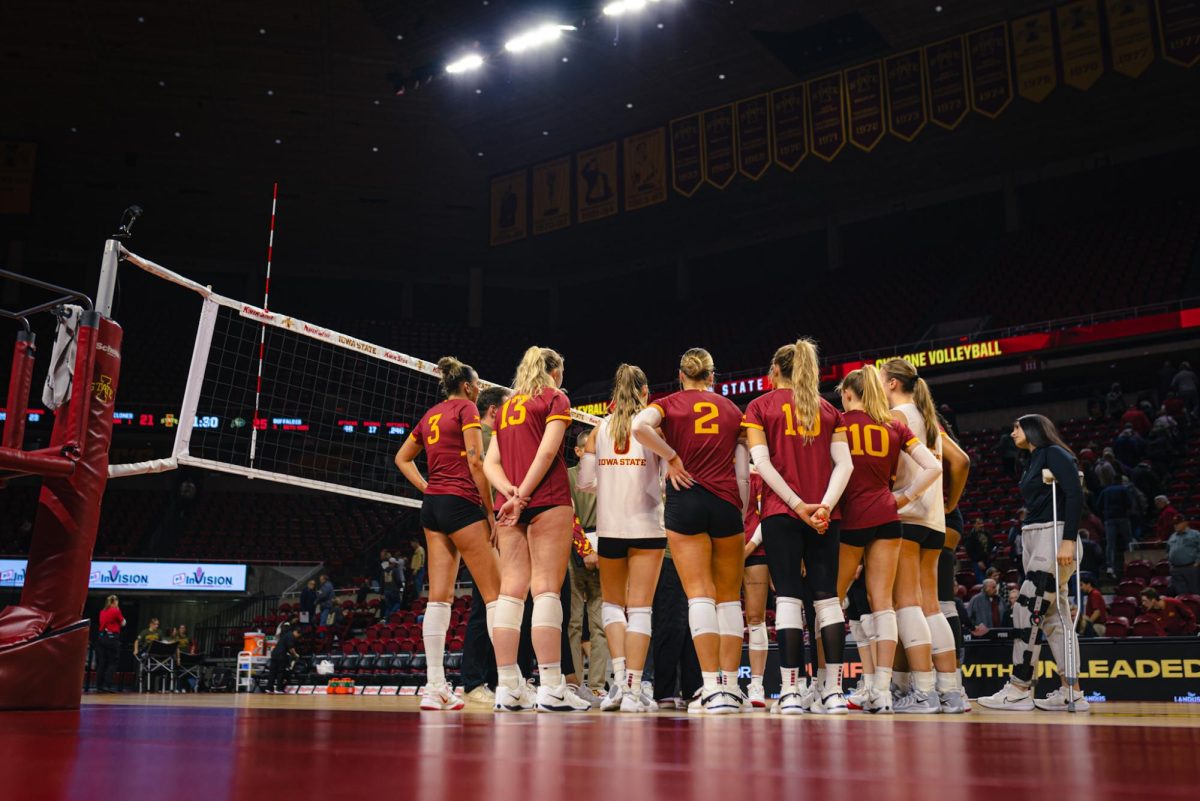Women speak about international abuse
November 4, 2005
Although it can be difficult for American women to report domestic violence, cultural norms can make it even more difficult for women victimized by abuse in other countries to go to authorities, said a group of panelists who spoke Thursday at the Memorial Union.
The panel consisted of Leah Keino, representative of Kenya and an assistant professor in family and consumer science and educational studies; Mona Othman, representative of Egypt and graduate in agricultural education and studies; Katie Qin, representative of China and graduate student in accounting; and Kris Olds, program assistant of the Department of Public Safety.
Each of the panelists spoke of the trends of domestic violence in their home country, and the way in which it is reported. Natalia Juan-Miguez, global programs coordinator of the YWCA, said violence everywhere runs in a pattern.
“It’s like a cycle with three important stages,” Juan-Miguez said.
She said the abuser gets angry first, then apologizes and finally makes promises for the future so the victim feels hopeful.
In addition to the universal pattern of violence, panelists said other countries, such as Kenya, grapple with the institutional acceptance of domestic violence.
Keino said “it wasn’t considered abuse to hit girls before” in Kenya, but people are getting more educated now. On Nov. 31 Kenya will vote on a new constitution to put laws in place so police can interfere and stop abuse.
Keino also said women can’t leave their abuser in Kenya.
“Women can accept abuse because they have no where else to go,” she said.
Some of the panelists said law enforcement authorities in their home countries offer little help to victims of domestic abuse.
“The last resort women think of is the police,” Othman, from Egypt, said.
Some of the panelists said domestic violence poses a threat at Iowa State. Olds said there is a larger number of domestic violence on campus than most people realize – campus crime statistics do not specify which offenses were domestic violence and many instances are never reported.
Director of the Department of Public Safety Jerry Stewart said it is hard to determine in a given time how many cases of domestic violence arise on campus.
“But we are certainly not immune from instances of domestic violence,” he said.
Stewart said it is most common in married student housing and between couples on campus. Most 911 calls, from parties and concerned neighbors, result in DPS mediation.
Stewart said if there is evidence of violence, DPS is bound by state law to arrest the “primary physical aggressor.”
Stewart said cultural differences, fear of retaliation and perceived embarrassment keep women from reporting violence in some cases.
Juan-Miguez said she hopes the panel discussion will encourage women to use the resources made available.
“They are not alone and can ask for help,” she said.






